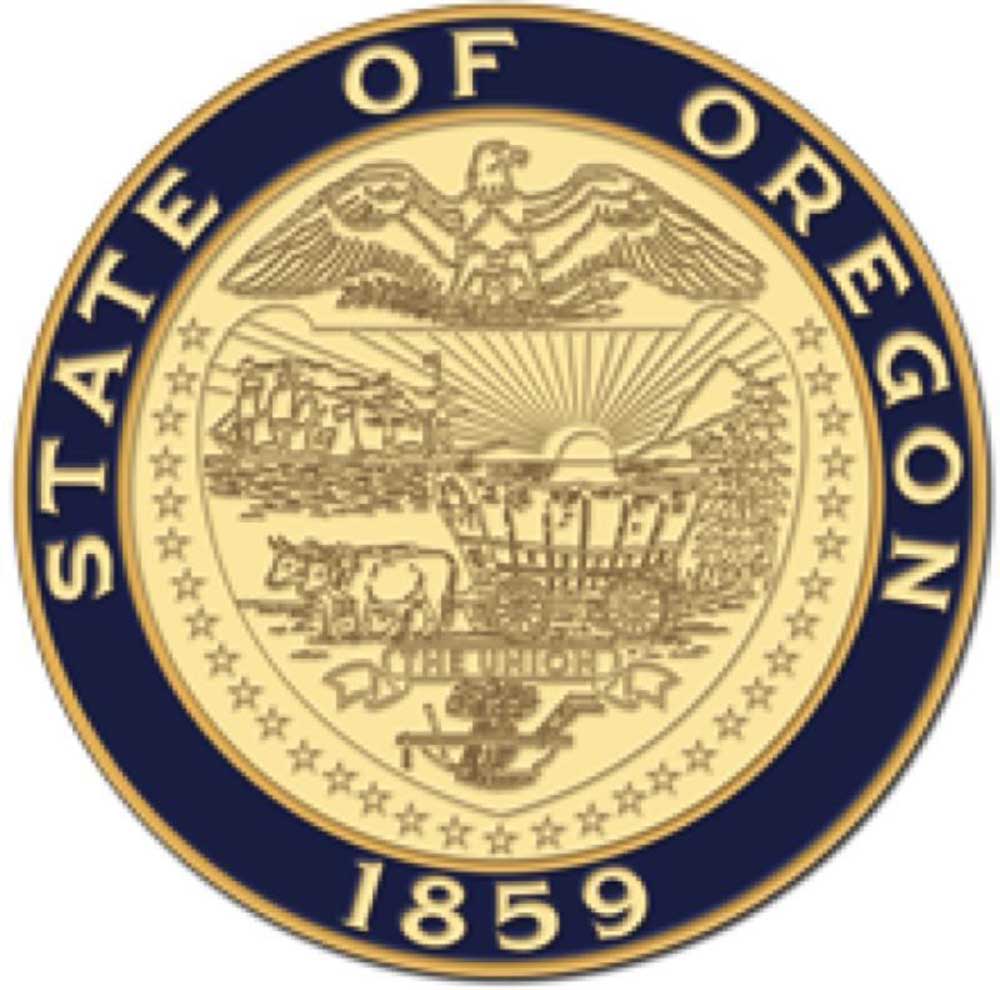Applications open for $62M fund for Black Oregonians
Published 2:58 pm Thursday, August 27, 2020

- Four more Coordinated Care Organizations receive contracts
A $62 million relief fund is now accepting applications from Black residents picking up the pieces after the novel coronavirus shattered lives and livelihoods across Oregon.
The Oregon Cares Fund for Black Relief and Resiliency will distribute the money — taken from the $1.4 billion sent to Oregon via the federal CARES Act — in increments of $1,000, $2,000 or $3,000, depending on the severity of the virus’ impact.
Grants are also available for Black-owned businesses and nonprofits.
“The fund is there to fortify the entire Black community,” said state Rep. Akasha Lawrence Spence, D-Southwest Portland, “and doing the work to support them so they can support our community.”
Two nonprofits, The Contingent and The Black United Fund, will manage monetary distribution, and an 11-member Council of Trust was formed to provide oversight. Grant applications will be accepted on a rolling basis, with distribution of the money expected two to three weeks later.
The money will be distributed based on need — not on a first-come, first-served basis — and Rep. Lawrence Spence believes they will be able to meet the needs of all who apply. The Oregon Legislature’s Emergency Board, which approved the $62 million allocation in July, requires that the money be disbursed no later than Dec. 30.
Sharon Gary-Smith, former executive director of the MRG Foundation, told the Portland Tribune that Oregon has suffered from a pandemic of racism long before the coronavirus washed ashore.
It “has limited our health, our housing, our community, our economic stability, our ability to accumulate and build wealth,” she noted.
Republican state lawmakers had questioned the legality of the program, saying Oregon could be on the hook to repay the funding if the grants were later found to be unconstitutional.
But supporters point to state data from the past two months showing that Black Oregonians are four times as likely to contract COVID-19 as white residents. Even before the pandemic hit, Black residents were already twice as likely to be living below the poverty line as white residents.
From a national perspective, about twice as many Black-owned businesses have closed since the outbreak began, compared with the market overall, per the New York Federal Reserve Bank.
Spence stressed that the funding “is narrow in scope and limited in time.”
“Because we don’t have adequate representation of the needs of people of color in our federal government, and in our state government, we don’t always get the response that we need,” she said, “and that predicates that communities of color advocate for themselves.”
The other nine members of the Council of Trust are Jesse Beason, Pastor Cliff Chappell, Stephen Green, Nkenge Harmon Johnson, Angel Harris, Musse Olol, D.L. Richardson, Tyler TerMeer and Gwendolyn Tric.
“Because we don’t have adequate representation of the needs of people of color in our federal government, and in our state government, we don’t always get the response that we need, and that predicates that communities of color advocate for themselves.”
—Rep. Akasha Lawrence Spence, D-Southwest Portland




